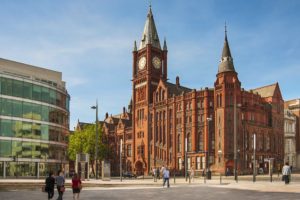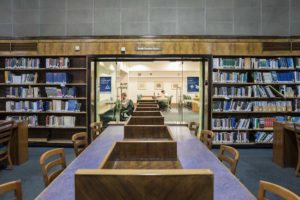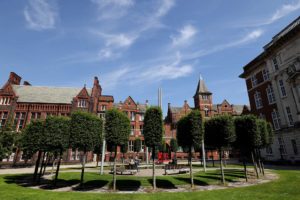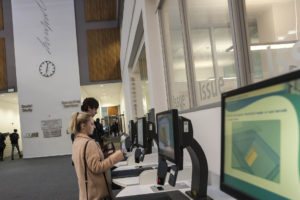Course overview
For those transferring to Liverpool via the 2+2 programme in September 2024, the course title is Microbiology BSc (Hons). For those transferring to Liverpool via the 2+2 programme from September 2025, the course will be called Microbiology and Infection BSc (Hons).
Microorganisms cause many of the known diseases of humans, animals and plants. Knowledge of microbiology will enable you to improve the quality of our lives in relation to the environment, to fight disease, and to combat pollution. Microbiology plays a key role in genetic engineering and other modern biotechnologies, such as antibiotic production and the exploitation of new sources of food and energy.
Our degree programme aims to give you an appreciation of the full range of Microbiology while also allowing you to pursue areas of specific interest. During the course of your degree you will study modules such as Virology, Biotechnology, Bacterial disease mechanisms, Microbiomes and Advanced Microbiological Techniques. You will also have the opportunity to select from a wide range of optional modules.
The programme is taught by a mixture of lectures, workshops, seminars, tutorials, and laboratory courses, culminating in an extended research project in your third year. This is your chance to study an area of cutting edge microbiology in depth, while getting a real taste of life in an active research environment and the opportunity to work alongside microbiologists working in the Institute of Infection, Veterinary and Ecological Sciences, the Institute of Systems, Molecular and Integrative Biology and the Liverpool School of Tropical Medicine.








